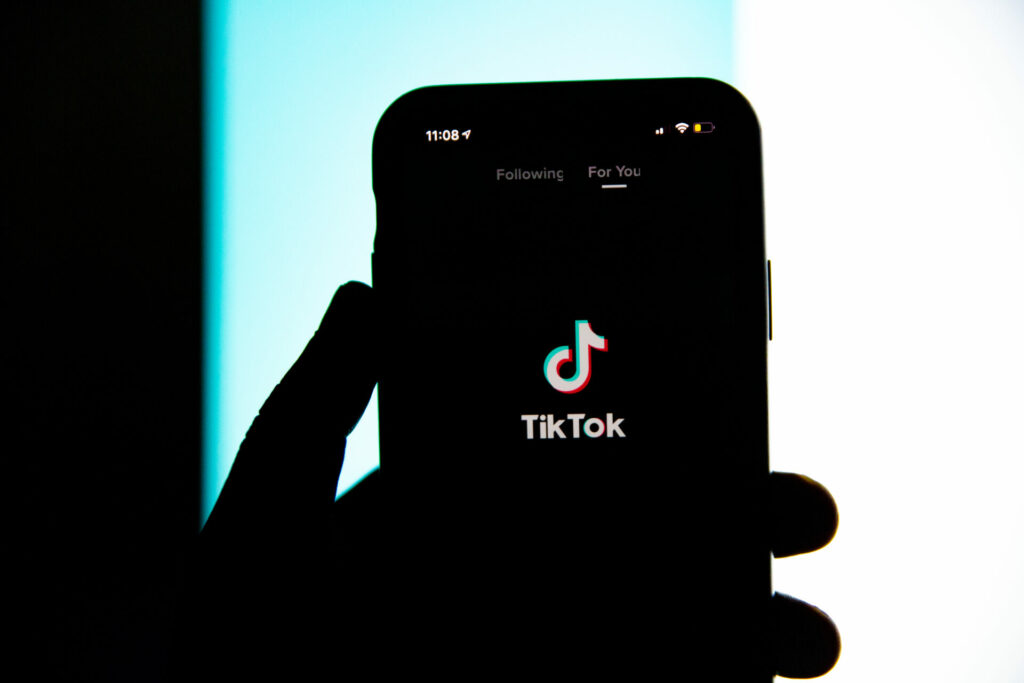Today's media landscape is dominated by online influencers, especially on social media platforms where they are most noticed by teenagers and young adults.
The presence of influencers on platforms such as YouTube, Instagram, Snapchat and TikTok has risen sharply in recent years. Their role is to promote products, services, or causes in exchange for compensation from brands or agencies.
"Influencer marketing" is growing rapidly and is expected to reach a global value of €50 billion by 2027. It operates within the boundaries of traditional regulations while also disrupting the traditional advertising ecosystem, impacting agencies and traditional media outlets. But regulators are still playing catch-up with the new revenue stream, not least as some influencers have audiences comparable to prime-time TV channel.
In recent years, the Conseil Supérieur de l'Audiovisuel (CSA Belgique) has taken the lead in monitoring and supporting these new audio-visual entrepreneurs. Between 2020 and 2022, it saw the top 30 YouTubers active in Belgium's francophone community grow considerably in subscribers and channel views. In 2022 alone, this top 30 accumulated 44.5 million subscribers and 12.3 billion views.
TikTok trends
The real action happens on TikTok where younger audiences are specifically targeted with highly addictive algorithms and a significantly higher frequency of content production, leading to excessive consumption.
The most popular French-speaking influencer on TikTok is David Rodriguez, a 27-year-old Brussels-based content creator with over 8.4 million subscribers. Other notable influencers include Céline Dept, a 20-year-old former footballer at Cercle Brugge, who became an ambassador for Mercedes Benz with 13.1 million subscribers.
Brands recognise the significance of influencers and collaborate with them to rejuvenate their audience. For instance, Lufy, an influencer with 1.2 million followers on Instagram for her makeup and lifestyle tips, has been approached by Proximus and RTBF, where she co-hosts several shows.
Laying down the law
The power of influencers has prompted authorities to establish a legislative framework for the sector. One of Belgium's politial parties, Les Engagés, has proposed legislation to address the intimate relationship influencers develop with their followers, giving them a false sense of transparency and honesty to influence their purchasing decisions. The proposed legislation aims to prevent abusive practices and protect followers who may suffer devastating consequences.
France, with its 150,000 influencers, implemented guidelines for the profession on 1 June and French MPs have been working on the issue and seek to collaborate with other countries, including Belgium, to establish regulations at the European level. They highlight the breach of trust between influencers and users, as influencers sometimes exploit this trust to sell products or promote causes that they do not genuinely endorse, all for financial gain.
But not all influencers engage in such practices. Surveys have shown that most are aware of advertising regulations and adhere to them. Around 80% of influencers clearly indicate the commercial nature of their videos, as required by advertising laws. Existing legislation, such as advertising regulations and audio-visual laws, offers some means to regulate the sector.
Related News
- Trans influencer says AB InBev has not contacted her since Bud Light controversy
- Influencers' recommendations guide the purchases of 1 in 4 Belgians
- Belgian TikToker fakes his death 'to teach family a lesson'
Despite these efforts, challenges remain. Certain ads on platforms involve problematic products or services. Advertisers banned from television have migrated to these platforms and influencers have become ambassadors for CBD smoking, gambling, cryptocurrencies, food supplements claiming to cure cancer, and cosmetic surgery. This situation raises concerns about misinformation and highlights the need for clearer guidelines.
Education and support are crucial in addressing these challenges, especially regarding taxation practices. Many influencers are uncertain about their administrative status, whether to go through platforms such as Smart, and how to handle tax declarations. To address this issue, the FPS Economy has published a user manual on its website to help influencers correctly adhere to tax regulations.
There is no doubt that influencers have a significant impact on their followers and on the market, but they must maintain transparency and comply with regulations. While some challenges remain, awareness and adherence to existing laws can contribute to a more regulated and responsible influencer industry.

